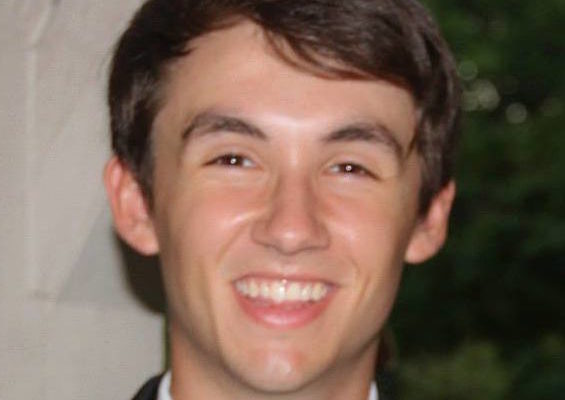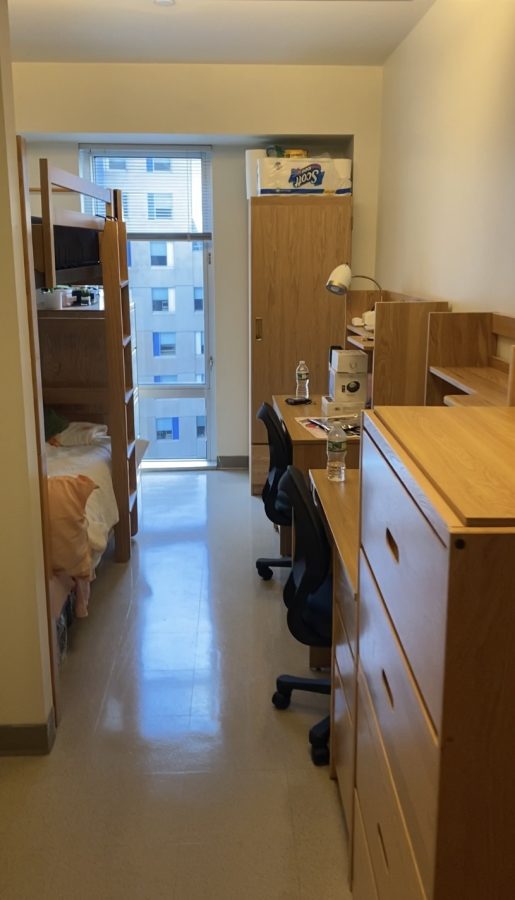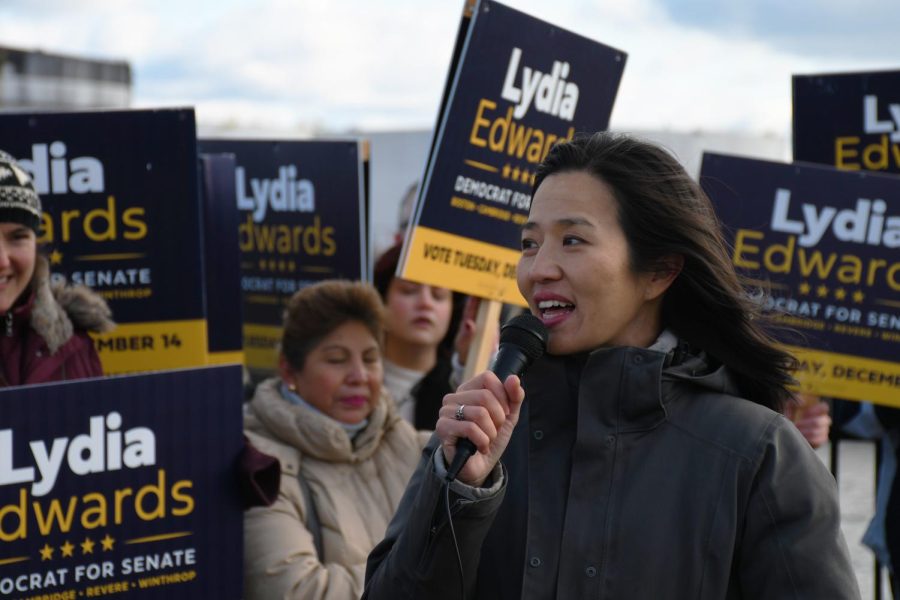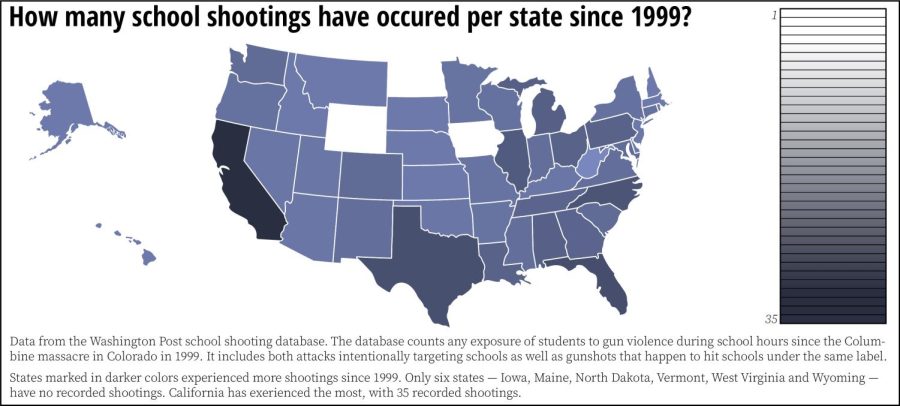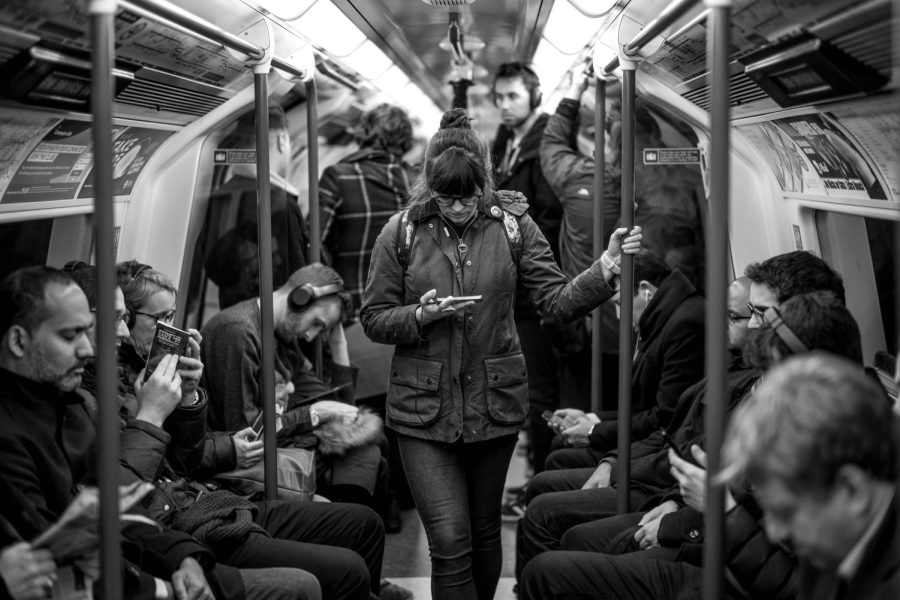By Alex Frandsen, editorial columnist
Here in the good old United States, we like our elections contested. After all, isn’t that the whole point? Voters get a choice between two (or more) candidates, which gives them a chance to compare strengths and weaknesses, and then they can throw their support behind who they truly believe will better represent them in our government. It’s one of the core principles in our democratic system.
In Boston, our mayoral elections have not reflected that principle. As pointed out by The Boston Globe in an editorial last week, the incumbent has won every election since 1949. Most of us learned that incumbents have an edge in elections thanks to our government classes in high school, but even so, that is an alarming statistic and well beyond the norm.
Luckily for us (and our city’s democracy), City Councilor Tito Jackson decided to throw his hat in the ring on Jan. 11. Jackson, who has represented District 7 since 2011, has pledged to run a campaign dedicated to battling inequality and lifting up all residents of Boston. Once a supporter of Mayor Martin J. Walsh, Jackson is now ready to supplant him as the people’s candidate.
No matter how you feel about Jackson, whose district includes Roxbury and parts of the South End, his decision to take on Walsh is objectively a good thing. As mentioned before, our democracy just doesn’t work without competition between candidates. It keeps elected officials on their toes and gives them incentive to, you know, actually serve their communities. It gives voters a chance to see what other options are out there and boot disappointing or ill-equipped officials from office.
Perhaps most importantly, it spurs discussion. If everyone knows an election is going to fall a certain way, there is little point in talking about policy. Why discuss economic stances if you know who is going to be implementing them already?
Jackson has pledged to focus on gentrification and development in low-income communities and is apparently incensed at Walsh’s attempts to bring the Olympics and an IndyCar race to Beantown. Do you agree with those areas of focus? Maybe. Maybe not. It doesn’t matter a ton either way—both those topics will now be in the public arena of conversation, and Walsh will rightly have a microscope focused on his time and decisions as mayor. If they hold up under scrutiny, then we can confirm that we have the right man for the job. If they don’t, then we have a replacement raring to go.
Democratic analysis aside, the points Jackson brings up are critical for us to consider both as students of Northeastern and residents of Boston. Northeastern has been incredibly successful in the past decade, rising in both reputation and in the rankings. That success has come at a cost though, and part of that cost has fallen on Roxbury. Northeastern has been a major gentrifying force in the community, and we have pushed further and further into what is the center of black history and culture in the city. Jackson’s candidacy forces us to take a step back and really consider whether we are truly being good neighbors. It forces us to confront truths that we otherwise might not.
Jackson faces a deep challenge. He has less than one-fiftieth the funding Walsh does, according to The Boston Herald, and he has that pesky decades-long streak of incumbent victories in his way. There is a very, very real chance he fails to even make the race for mayor competitive.
But at least he’s trying. At least he’s making his voice, and the voices of thousands of others, heard above the din of Boston politics. At least he’s injecting a sense of competition into an election that sorely needs it.


